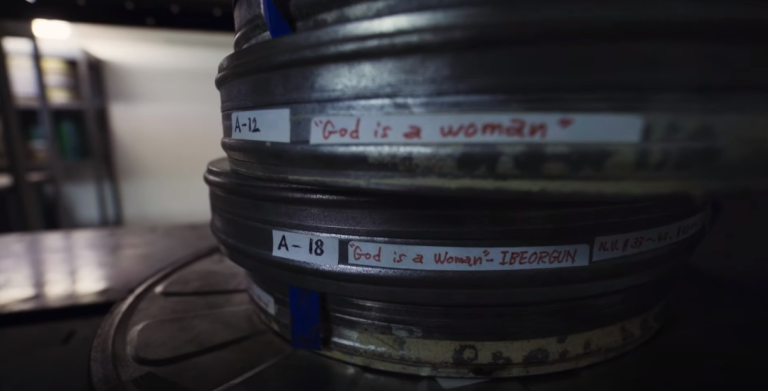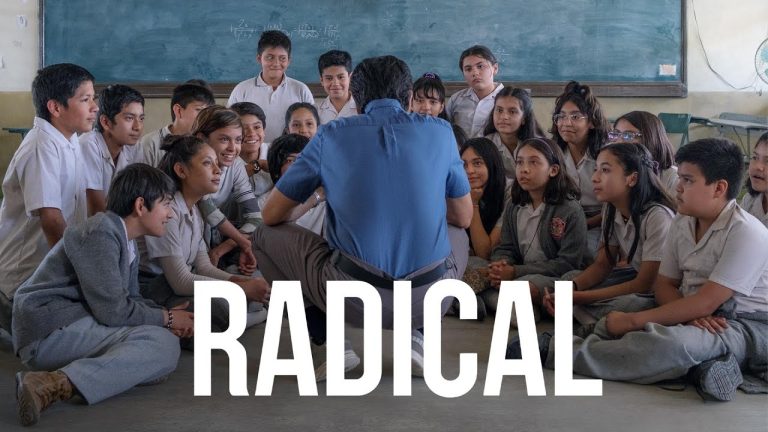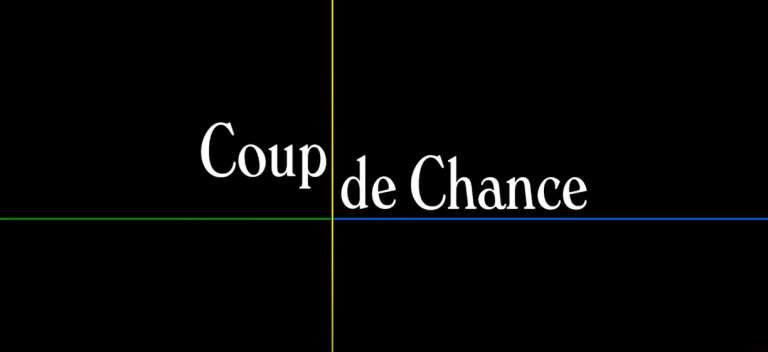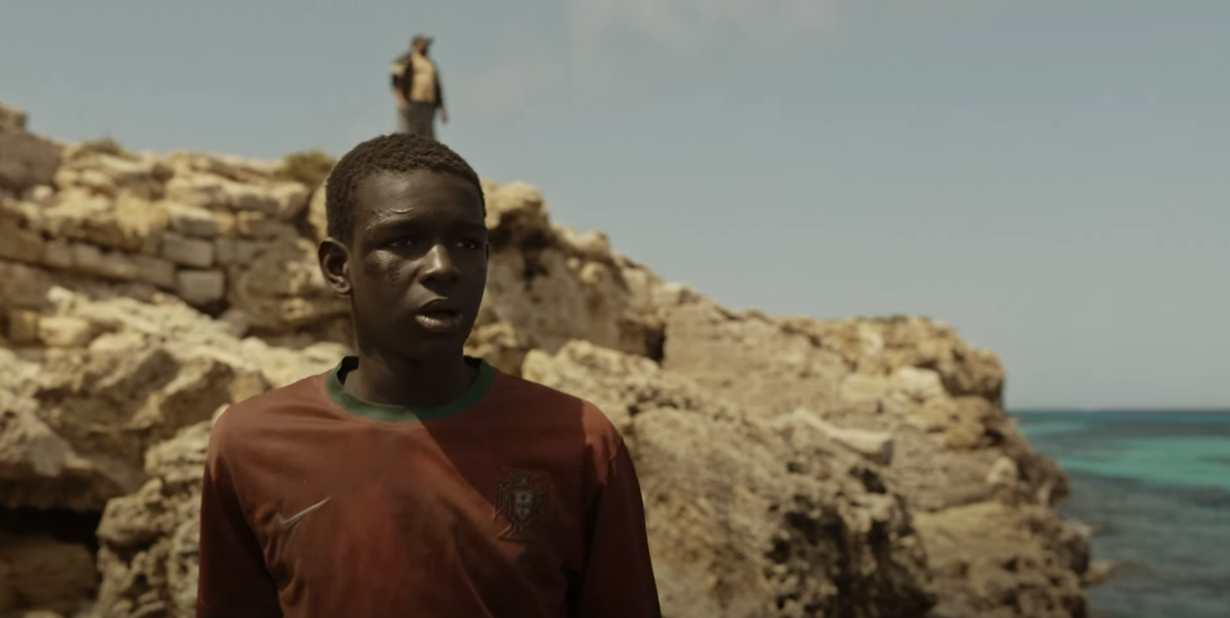
Matteo Garrone’s cinematic masterpiece, “Io Capitano,” stands as a profound exploration of the arduous migration journey undertaken by Seydou and Moussa from Senegal to Europe. With a deft touch, Garrone skillfully captures the essence of migration, weaving together moments of anguish and beauty to create a narrative that resonates deeply with audiences.
In contrast to Raj Kumar Hirani’s “Dunki,” which may have faltered in its portrayal of migration, “Io Capitano” shines as a beacon of authenticity. Its recent selection as the Italian entry for Best International Feature Film at the 96th Academy Awards is a testament to its impact and relevance.
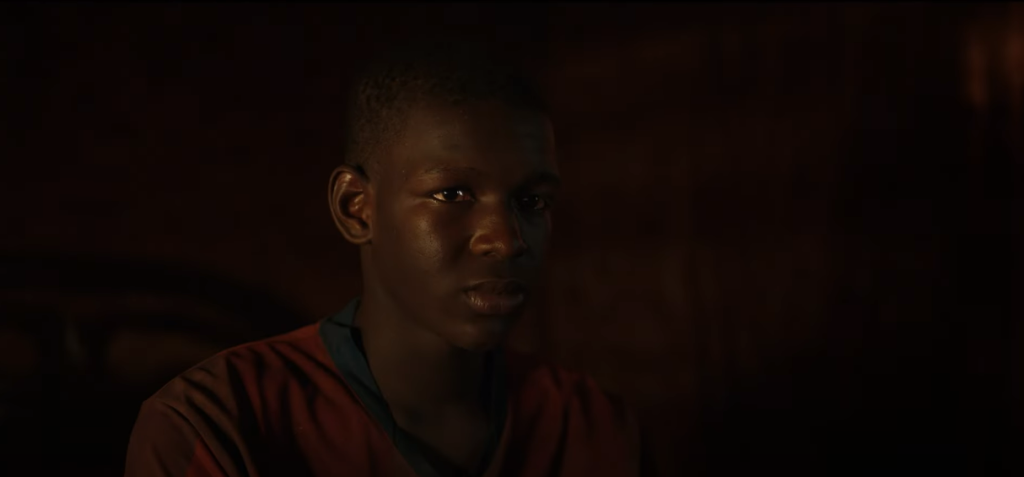
From the outset, Garrone immerses viewers in the dreams and aspirations of Seydou and Moussa as they set their sights on a better life in Europe. Their journey, fueled by determination and hope, epitomizes the universal desire for opportunity and advancement.
What distinguishes “Io Capitano” is Garrone’s ability to capture the palpable excitement of the cousins as they embark on their quest. Each frame brims with authenticity, inviting audiences to empathize with the protagonists’ struggles and aspirations.

Yet, amidst the moments of triumph and anticipation, the film does not shy away from depicting the harsh realities of migration. Through the lens of cinematographer Paolo Carnera, viewers are confronted with scenes of profound suffering and resilience, painting a stark portrait of the migrant experience.
Despite the pervasive despair, there are moments of hope and compassion that punctuate Seydou and Moussa’s journey. Seydou’s separation from Moussa underscores the fragility of their situation, yet he finds solace in the kindness of strangers who refuse to let him succumb to the perils of the journey.
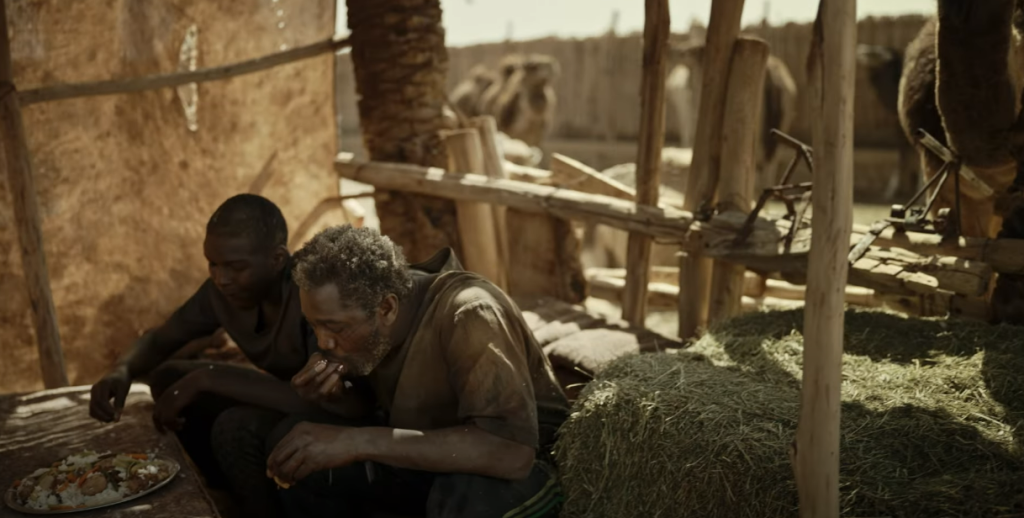
However, amidst these moments of sentimentality, there are instances where the film’s brutal honesty is momentarily compromised. While Seydou’s rescue may tug at the heartstrings, it risks diluting the impact of the film’s unflinching narrative.
“Io Capitano” offers audiences a profound meditation on the human condition and the universal quest for a better life. Through surreal passages and poignant dilemmas, the film prompts viewers to confront the complexities of migration and the choices it presents.

In essence, “Io Capitano” transcends its status as a mere film, serving as a powerful testament to the resilience of the human spirit and the enduring pursuit of hope in the face of adversity.
| Aspect | Description |
|---|---|
| Title | “Io Capitano” |
| Director | Matteo Garrone |
| Theme | Migration journey of Seydou and Moussa from Senegal to Europe |
| Narrative | Captures raw essence of migration, blending agony with beauty |
| Comparison to “Dunki” | Contrasts with potential narrative shortcomings of “Dunki” |
| Recognition | Selected as Italian entry for Best International Feature Film at 96th Academy Awards |
| Setting | Begins in Dakar, Senegal, as Seydou and Moussa dream of a better life in Europe |
| Cinematography | Paolo Carnera’s vivid portrayal of pilgrimage captures both suffering and moments of beauty |
| Themes | Explores resilience, hope, and dilemmas faced by migrants |
| Character Development | Seydou’s separation from Moussa and encounters with compassionate strangers highlight the human connection amidst adversity |
| Sentimentality | While moments of rescue may border on sentimentality, they contribute to the film’s exploration of the human experience |
| Lessons Learned | Offers profound meditation on the human condition and the pursuit of hope amidst adversity |
| Overall Impact | Transcends its status as a film, leaving an indelible mark on viewers through its poignant narrative |


